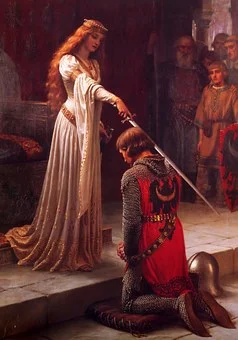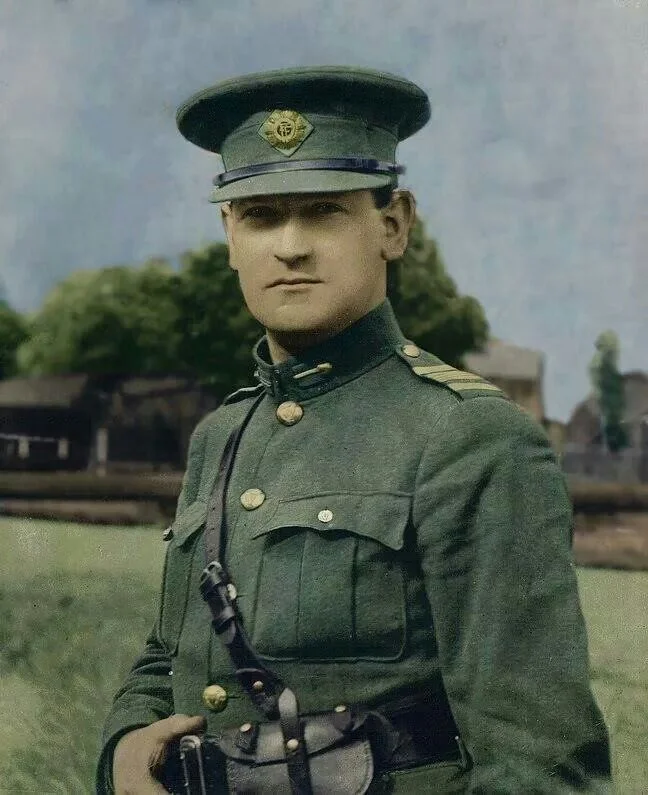Eighty years ago on September 1, 1939, World War II began. One German who came through the war mostly unscathed was Eugen Dollman. Dollman came from an aristocratic family with roots in both Bavaria and Austria. He graduated magna cum laude from a university in Munich with a degree in history. In 1927, he moved to Rome to continue his studies.
Dollman seems to have spent very little time doing scholarly research. Most of his time was devoted to socializing. As a German national and minor aristocrat, he was invited to parties hosted by the German ambassador, Ulrich von Hassell. (Hassell was part of the anti-Hitler opposition. He was murdered in 1944 during the purges following the July 20, 1944 assassination attempt against Hitler.)




















